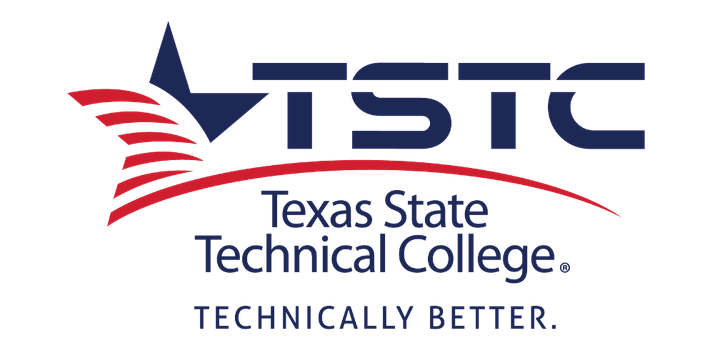89th Legislature: Bills affecting employers
The 2025 general session of the Texas Legislature resulted in several bills that will impact employers, the most important of which appear below in a list prepared by William T. Simmons, who serves as legal counsel to Texas Workforce Commission Commissioner Joe Esparza.
The list is organized into subject areas and shows the bill number and a summary of the most important provisions of the bill for employers. For more information, you can click on the bill number, which has been linked to additional materials available on Texas Legislature Online.
Human Resources – General
HB 3153 – Increased hiring and employment requirements for persons in direct contact with children at certain facilities.
SB 2 – Education service providers eligible for vouchers must perform a criminal history review of each employee.
SB 571 – Restricts the eligibility of certain contract employees to provide services to a public school and provides access to the registry of persons who are not eligible for employment at public schools.
SB 2807 – The employment status of a driver would be unaffected by the motor carrier’s use of safety technology or practices.
Pay and Benefits
HB 334 – Relating to the establishment of a county employee family leave pool program.
SB 1257 – Requires health benefit plan coverage for gender transition adverse effects and reversals.
SB 2237 – Limits severance pay for certain political subdivision employees.
Regulatory / Criminal Liability
HB 1465 – Enhances penalties for the criminal offense of invasive visual recording; provides for sex offender registration requirements for that offense.
HB 2187 – HHSC would provide an online portal for reports of mandatory overtime violations against nursing staff, as well as an administrative penalty schedule for various kinds of violations.
HB 5061 – Contractors and subcontractors of state agencies may not engage in surveillance of or undue influence toward state employees; steep fines and disbarment for violations; retaliation against whistleblowers prohibited; TWC must be notified of any lawsuits brought by complainants.
HB 5629 – Eases the occupational licensing of military spouses.
SB 243 – Strengthens enforcement of migrant labor housing regulations
SB 463 – Expands the definition of facility covered by workplace violence prevention requirements to include intermediate care facilities for individuals with intellectual disabilities and state-supported living centers.
SB 1318 – Restricts covenants not to compete for physicians and certain health care practitioners.
Unemployment Insurance
HB 2760 – Clarifies that a court appeal from a final TWC unemployment appeal decision may be filed in a county court at law or district court.
HB 3698 – Reinforces the importance of participation in reemployment services as a condition of eligibility for unemployment benefits.
HB 3699 – Restricts the definition of “last work” for unemployment claims to employers that meet coverage and liability requirements.
HB 3700 – Strengthens detection and prevention of fraud, waste, and abuse in all TWC programs.
SB 1786 – Aligns secondary school courses with post-secondary courses for advancement of state workforce needs; increases employer job data reporting requirements under TUCA Section 204.0025. The new employer reporting requirements take immediate effect and include the following data elements: wage, industry, occupational field, full-time and part-time status, county of primary employment, remote work status, and other important employment information needed to assess the future workforce needs of the state, including which occupations lead to self-sufficient wages.
Workers’ Compensation
HB 2488 – Allows contested workers' compensation case hearings to be conducted via videoconferencing.
Workforce Development
HB 2294 – Relating to reimbursement rates for child-care providers participating in the Texas Rising Star Program.
SB 462 – Relating to establishing a child-care services waiting list priority for the children of certain child-care workers.
Other Legal Developments
- Following a ruling by a federal court in Texas, the U.S. Department of Labor (DOL) has returned to its previous rule stating that the minimum salary for a salaried exempt employee is $684/week (see https://www.dol.gov/agencies/whd/fact-sheets/17a-overtime).
- DOL has stepped up its enforcement of other wage-related laws, including a prohibition against owners or managers of companies keeping any part of tips given to employees, and strict enforcement of restrictions on child labor (see https://www.dol.gov/agencies/whd).
- The National Labor Relations Board enforces the National Labor Relations Act, certain provisions of which apply to all private-sector employers, even those in non-union settings. For the latest guidelines, see the NLRB website at https://www.nlrb.gov.
- TWC will be applying stricter requirements on claimants regarding work searches and other reemployment activities while filing for unemployment benefits and regarding reducing the risk of claim fraud.
Visit the Texas Workforce Commission online at https://www.twc.texas.gov/.


